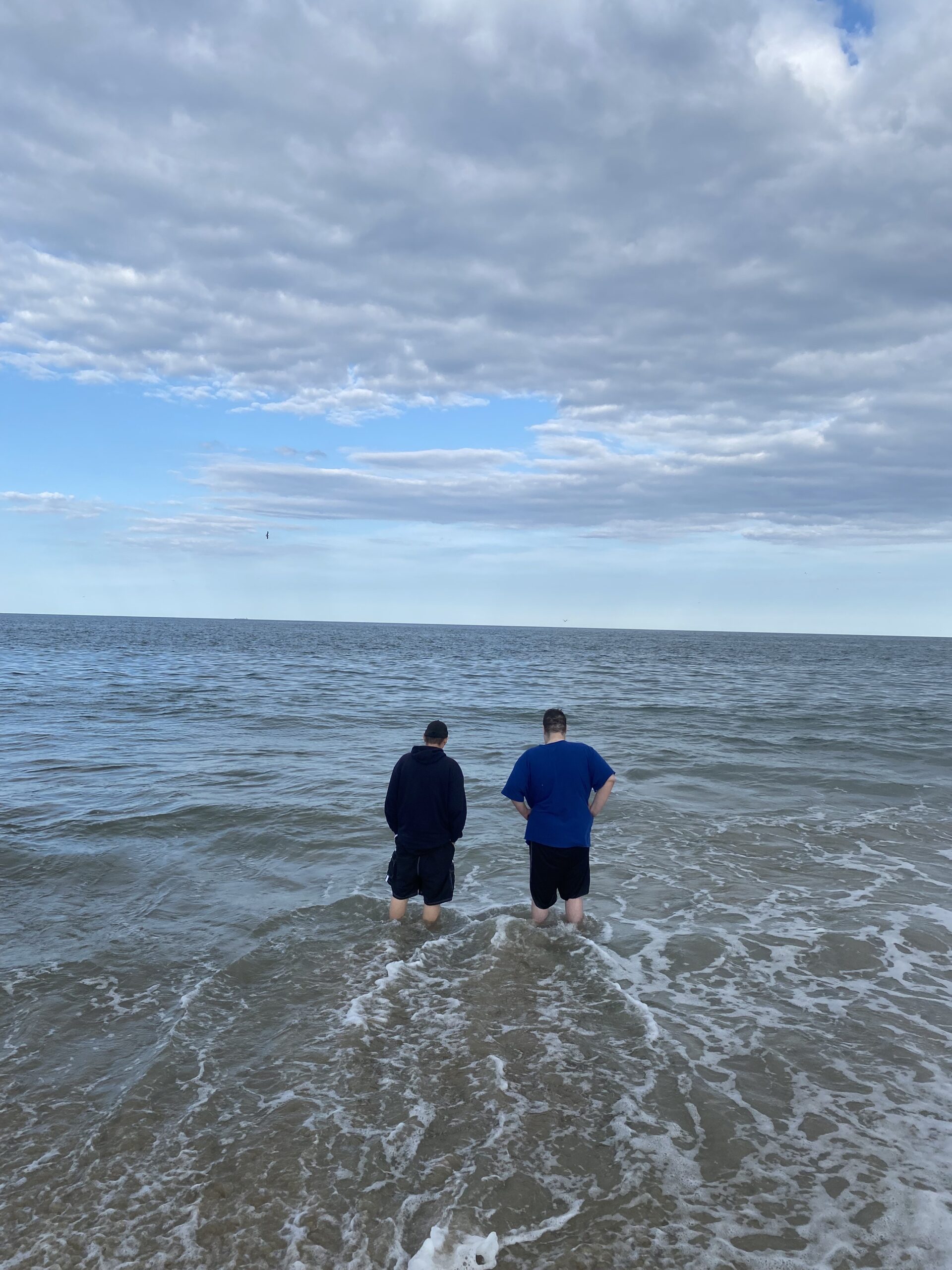Parents of children with autism and invisible disabilities understand the delicate dance of creative accommodations.
Human nature pushes us to adapt — to bend, to stretch, to try again. We slip into unseen corners and tiny cracks just to make it fit. We find the hard-to-reach spaces where it seemed there weren’t any. We do our best for those we love. The why is easy.
As we grow, so do their accommodations. What was once unmanageable can eventually fall into place, like it never posed a challenge. Other times, accommodations shift us into reverse — a roadblock, a hard brake, a jammed stopper stuck in the door.
We’ve learned the hard way. The long way around. We’re stronger now because of the decisions we made when we trusted our gut. The times we fell and brushed it off. The times we stood up too fast — no time to recover. We did what we had to do to bring out their best.
Parenting through autism doesn’t leave much room for ordinary. The ordinary gets pushed aside. Gratitude becomes bigger. The story is ever-changing. Pages turn. Pages open wide.
The accommodations we’ve put in place over the years are in no way right or wrong. We all share a unique journey. I write in the hope of offering light to anyone feeling stuck in the dark — a small light of acceptance, support, and a glimmer of hope.
As autism parents, we fill out the long forms. The “rarely, sometimes, neutral, often” boxes. The kind of questions that blur your eyes — the same ones repeated line after line. Words that feel meaningless, but we repeat them anyway. Words that sometimes offer perspective when we find unexpected insight in the writing.
What were the accommodations we put in place? I took the time to write them down. They were always in motion. They still are. They are the moving parts we need as a family to stay whole.
I remember when Jake was deep in autistic burnout — about five or six years ago — a time when we held on tighter than we could grip. It was the little things, the big things, and everything we tried to give.
Jake didn’t like my ponytail too high. He’d tell me to lower my hair. He didn’t like rips on his sister’s jeans. He’d tell her to change. A tiny grunt from our dog could trigger a gigantic meltdown — full-blown panic. The sudden sound of a lawn mower, when we couldn’t show him which lawn, could set him off. I’d walk outside just to confirm who it was and why.
He didn’t like when we said “tomorrow” — our voices would drop too low. In fact, the words listen, guys, and no were off limits. They could instantly change his mood. We had to remember.
He would only come downstairs if ESPN was on. The volume had to be high. Remote in hand. If he heard a loud sound, he wanted to know what made it. We had to tell a story — make one up — to get through the moment.
So, we did what worked.
We texted before walking in the door.
We let the dog outside to avoid sudden barks or excitement.
I wore the low ponytail.
Our daughter changed her pants when she got home.
We chose our words carefully.
We tried not to speak too low.
We avoided “no.”
We made up stories to explain loud noises — “The neighbor’s fixing her car,” or “She’s taking out the trash.”
Anything to calm the nervous system that felt constantly on edge.
We had to weigh the cost of the accommodation against the return. What were the priorities? This wasn’t about exposure — it was about disability. It was more important to calm the storm so Jake could be Jake. So he could find his words, feel happy, and slowly begin to tolerate more. Our focus was giving off an energy of safety.
Looking back now, I know that strategy — that lean into calm — paid off.
Jake no longer comments on how I wear my hair, or his sister’s jeans, or the words we use. We walk in the door without worry. Jake looks over and smiles, and our dog doesn’t have to be outside.
It started by accident —
“Whoops, I forgot my phone — and he’s not barking.”
The accommodation faded away.
Some have stayed. Others dropped off. It’s a mixed bag of trial and error every time.
But when you focus on the energy that matters most, and you lead with authenticity, you find your way.
While waiting for our last game show to start last night, I told Jake about an online DJ class for teens.
He turned to me and said, “Yes, I could be a DJ.”
The delicate dance is worth it — for the authenticity that truly lasts.

